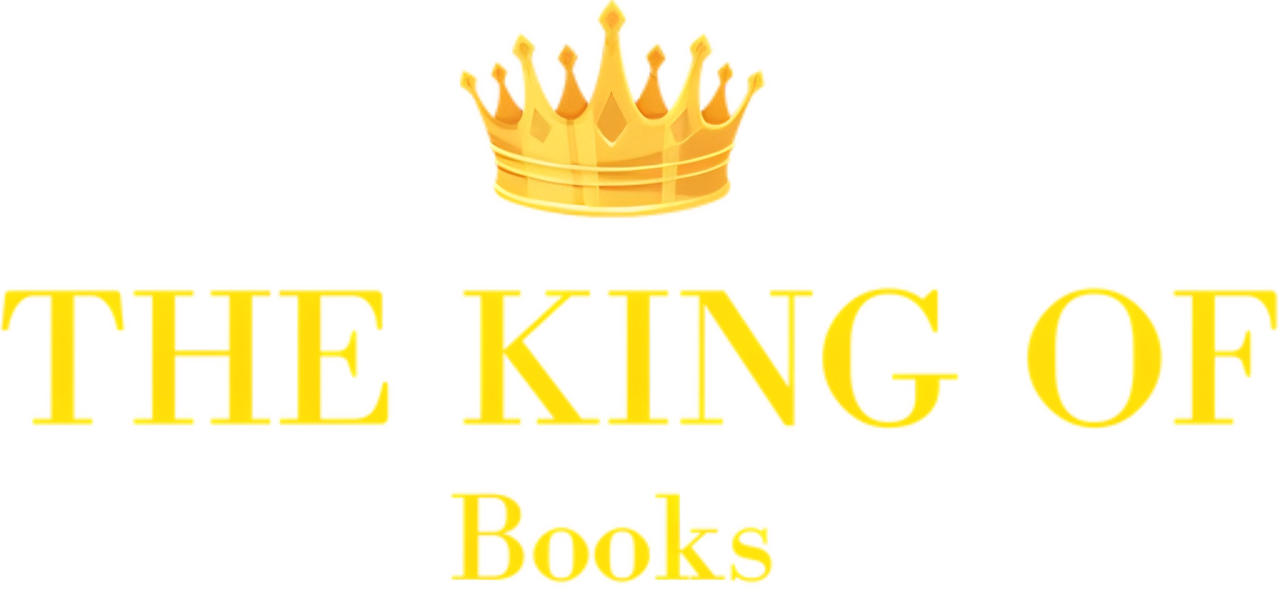
My Father's Story: The Son of a Clog Maker
It is 1918, the end of the First World War. The defeated Germans are withdrawing from our country. The Flemish watch the retreat with barely concealed triumph. So does Grote Rie, the clog maker, whose wife Pharaïlde is at that moment 'in de arbeid'; with her fifth child. Grote Rie would most like to pick up where he left off before the war and practice his trade, that of master clog maker, with a few sturdy helping hands at his side. Shortly after the birth of Wilfried-Arthur, who turns out to be a permanent fixture, Grote Rie moves with his young family to a workshop and inn near the station. That is the beginning of a new life and a new era.
My father's story is the account of a boy's life during the interbellum. The small world in which Grote Rie lives, a village in the Flemish countryside, is a reflection of what is happening or imminent in the big world (stock market crash, economic crisis, rising fascism...). It is a story full of contradictions: the narrow-mindedness of the Church versus the broad-mindedness of the independent clog maker, the family members who have emigrated to the city and who come to the fair every year to show off their wealth but silently suppress their homesickness. But it is also the story of the professional honour of the craftsman, of a marital crisis and of the loss of a cherished craft and the inability to accept it.

Free and fast delivery

Same day shipping




